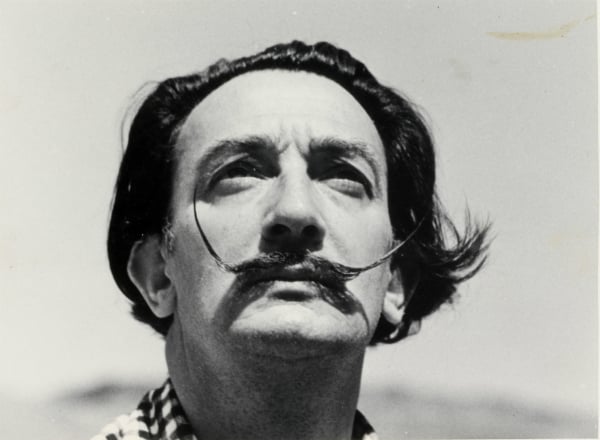Law & Politics
Spanish Supreme Court Rules Against Dalí Foundation in Image Rights Dispute
The court ruled that the artist’s image rights died with him.

The court ruled that the artist’s image rights died with him.

Naomi Rea

After a seven-year legal battle, Spain’s highest judicial body has ruled that the Gala-Salvador Dalí Foundation does not have the legal standing to protect the artist’s iconic, moustachioed image, dismissing their final appeal citing the artists final will.
Back in 2009, the Foundation filed a civil lawsuit against exhibition production company Faber Gòtic for exploiting the trademark, intellectual property, and image rights of the Surrealist painter for financial gain in the context of an exhibition of the artist’s sculptural works at the Royal Artistic Circle of Barcelona, reports Spanish publication La Vanguardia.
The case against Faber Gòtic and its owner Juan Javier Bofill Pellicer alleged that the defendants had unlawfully infringed on these rights by using the artist’s name and image in an advertising context, to commercial ends and without proper authorisation.
The Civil Court in Barcelona recognized that the intellectual property and trademark rights had been infringed, however, the judge acquitted Faber Gòtic of violating the artist’s image rights. Unhappy with this decision the foundation appealed.
On June 21 2016, the civil chamber of the Spanish Supreme Court upheld the decision of the Civil Court, finding that the Foundation did not have (and never had) legal grounds on which to exercise protection over Dalí’s image rights. The appeal was dismissed based on a ruling that concluded the foundation’s suit had stemmed from interests of a strictly financial nature, rather than a desire to preserve the memory of the artist.
The court cited the will of Salvador Dalí, issued September 20, 1982, when making the decision. The will appointed the Spanish State sole and free heir to all his property, rights and artistic creations, in order to preserve, disseminate, and protect his artworks. The artist established the Gala-Salvador Dalí Foundation the following year to protect, and defend his artistic, cultural and intellectual work, his property and rights of any nature, his memory, and the universal recognition of his contribution to the fine arts.
Following the artist’s death on January 23, 1989 , the State ceded rights to the Foundation but the court ruled that this did not grant the Foundation the right to protect the artist’s image. The Supreme Court reasoned that the artist’s fundamental personality rights, specifically the right to his own image, had died with him, since death determines the end of the civil personality of individuals in Spain.